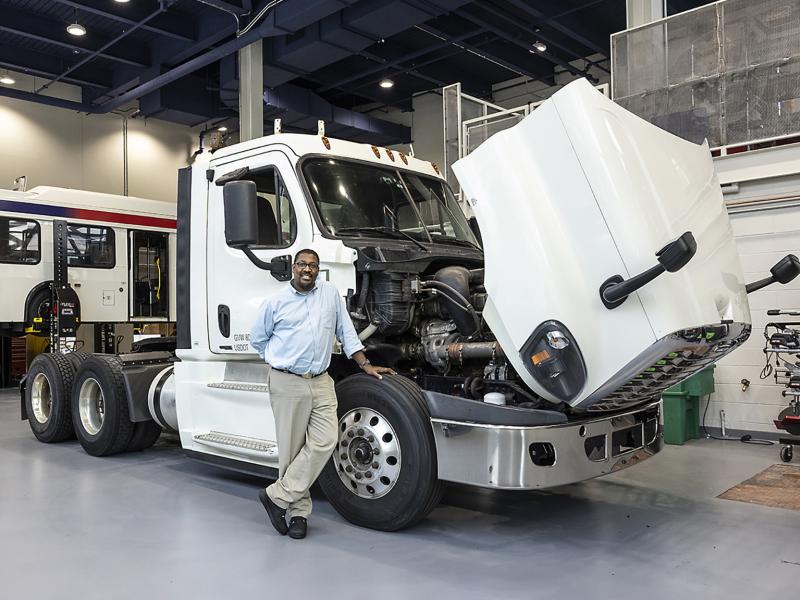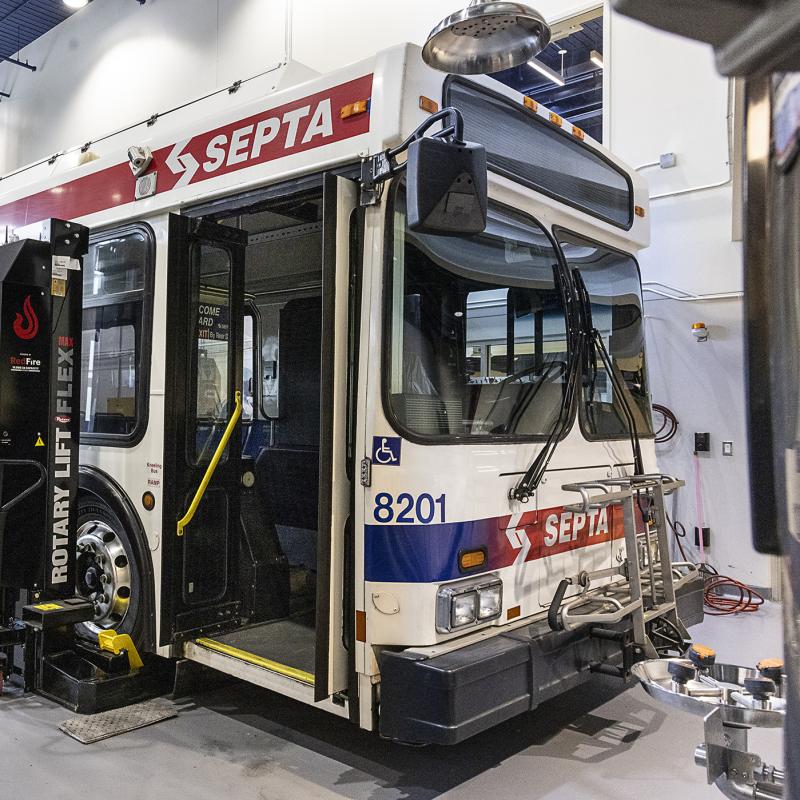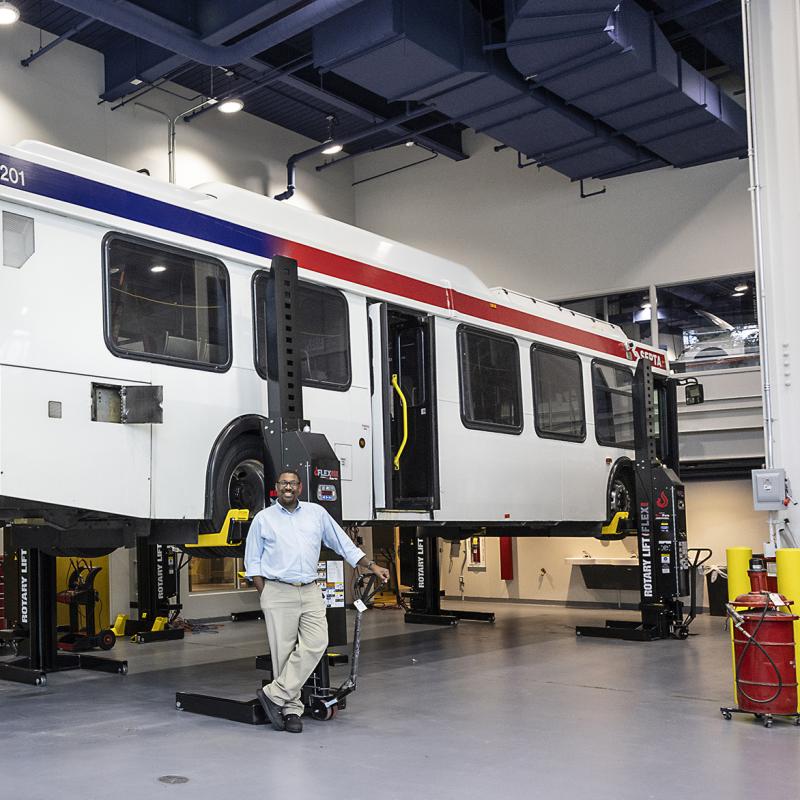Medium and Heavy Truck Technology II — Truck Service Technology Proficiency Certificate
Helping Trucks Safely Go the Distance
-
Program Duration: Short Term
-
Degree Type: Proficiency Certificate

About This Certificate
Take your basic medium and heavy truck servicing skills to the next level by completing our second proficiency certificate in the Medium and Heavy Truck Technology series. You can use this certificate as a milestone on your way to a degree or take these more advanced skills and apply them directly to your work in the field.
This program covers repair and service in advanced electrical power systems and components, drivetrain systems, fuel emissions, HVAC and more. You will learn to apply these skills to service trucks, buses, tractor-trailer systems, and off-road equipment.
This stackable certificate sits on top of the MHT Certificate I - Truck Inspection, Maintenance, and Minor Repair (IMMR), and/or can be used to support earning an A.A.S. degree in Medium Heavy Truck Technology. This program is located in our state-of-the-art facilities at the Career and Advanced Technology Center (CATC).
Course Sequence:

Launch Your Career as a Mobile Heavy Equipment Mechanic, Except for Engines
- Farm Equipment Mechanics and Service Technicians– est. salary $53,365
- Automotive Engineering Technicians– est. salary $71,584
- Automotive Service Technicians and Mechanics – est. salary $52,325
- Bus and Truck Mechanics and Diesel Engine Specialists – est. salary $66,995
Career Outlook
Median Salary of a Mobile Heavy Equipment Mechanics, Except Engines
Number of Jobs in the Region
10-year Job Outlook in the Region for Mobile Heavy Equipment Mechanics, Except Engines
Mobile Heavy Equipment Mechanics, Except Engines
Diagnose, adjust, repair, or overhaul mobile mechanical, hydraulic, and pneumatic equipment, such as cranes, bulldozers, graders, and conveyors, used in construction, logging, and mining.
Starting Pay: $48,574

Typical Tasks
- Test mechanical products and equipment after repair or assembly to ensure proper performance and compliance with manufacturers' specifications.
- Repair and replace damaged or worn parts.
- Operate and inspect machines or heavy equipment to diagnose defects.
- Read and understand operating manuals, blueprints, and technical drawings.
- Diagnose faults or malfunctions to determine required repairs, using engine diagnostic equipment such as computerized test equipment and calibration devices.
- Repair, rewire, and troubleshoot electrical systems.
Let's Get Started
